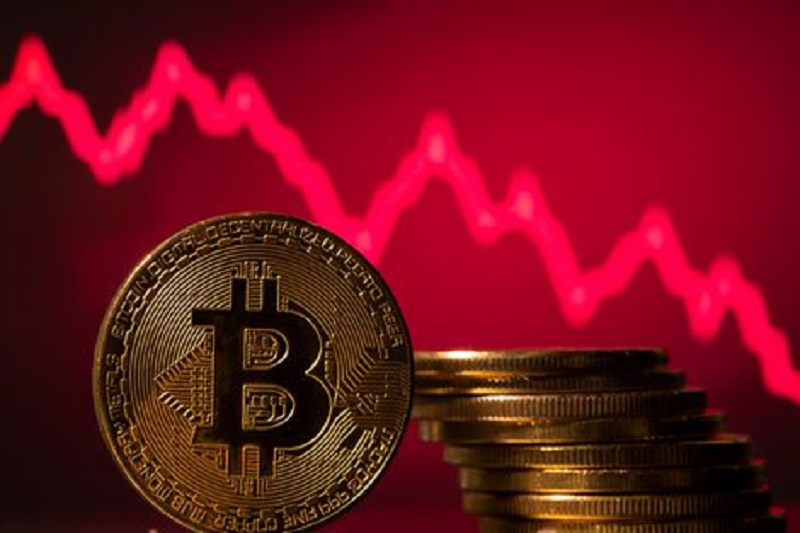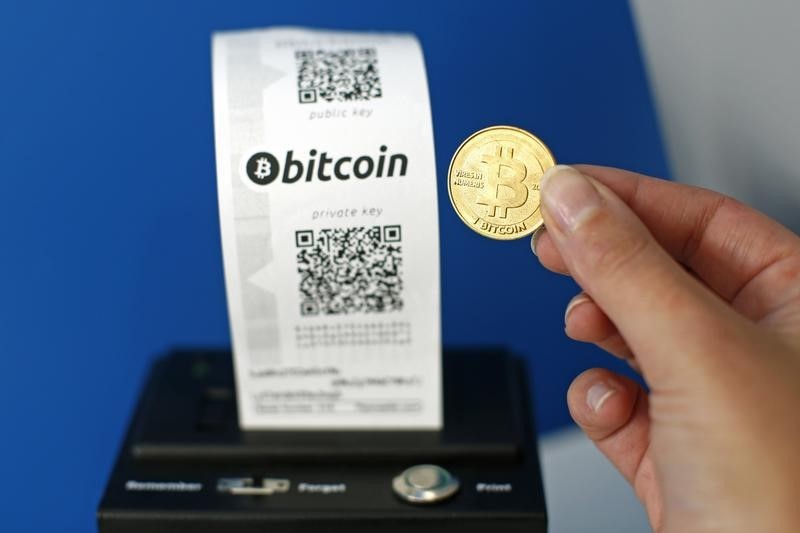© Reuters. Ethereum (ETH) Has to Break This Major Resistance Before $2,500
U.Today – is showing steady performance in the market, approaching a critical resistance level at $2,400. Breaking this resistance level should bring the asset closer to $2,500, especially if investors avoid a sell-off.
The Relative Strength Index provides indications that the current trend could continue. The RSI, situated above the midline but not yet in overbought territory, suggests that there could be more room for an upward move before the asset extends too much.
While testing this local resistance, the cryptocurrency community is anxiously anticipating regulatory decisions that could affect the broader market. One of the main catalysts for Ethereum, and indeed the cryptocurrency market in general, is the possible approval of an Ethereum Spot ETF or Spot ETF.
The approval of a spot ETF has been a highly anticipated event within the sector. An ETF, or exchange-traded fund, allows investors to buy shares that represent the value of the underlying asset, in this case, Ethereum, without the need to own the cryptocurrency itself. This makes it easier for investors who are interested in the asset class but are hesitant to deal with the complexities of cryptocurrency ownership, storage, and security.
As Ethereum approaches this resistance level, market watchers are monitoring the asset’s ability to maintain its upward trajectory and surpass the price of $2,400. A successful breakout of this level could pave the way for further gains, possibly leading towards the $2,500 mark.
finally broke through
It has often been described as a project moving forward cautiously, lagging behind the market, but the most recent progress could be an indication of disruptive performance to come.
The chart suggests that Cardano has reached a crucial point. After a period of consolidation, ADA price appears to be taking a decisive step. You can observe the formation of a converging pattern, typically indicative of a price breakout. Notably, the price has broken above the upper trend line of this pattern, suggesting a possible continuation of the rally.
Analyzing the moving averages, we notice a bullish setup, with the price trading above the 50-day and 200-day moving averages. This is often interpreted as a positive sign as it reflects a strong underlying trend with sustained buying interest. The gap between the moving averages and the current price also adds to this bullish narrative.
The volume bars do not show a substantial increase, suggesting that the breakout may not have fully captured the market’s attention yet. An increase in trading volume would typically confirm a breakout, indicating greater conviction among traders.
the ability to continue
Solana (SOL) has experienced a notable market run, capturing the attention of the cryptocurrency community. As the asset continues to gain ground, analysts and investors are closely watching the price action for signs of sustainability or reversal. It is currently showing signs that the tide may be turning, with a critical pattern emerging on its chart.
The price movement has recently formed what is known as a lower high, often interpreted as one of the initial indicators of a possible correction. This technical pattern occurs when the price peaks at a level below the previous high, indicating a decline in the momentum that has been driving the bull market.
The importance of the lower high is underlined when placed in the context of the asset’s recent performance. While Solana’s overall trajectory has been upward, this development suggests that traders and investors could be becoming more cautious, which could lead to a change in market sentiment.
Volume, a key factor in confirming trend changes, appears to have decreased as the lower high formed, which may indicate a reduction in buying pressure. Furthermore, the Relative Strength Index (RSI), although still at a relatively high level, has begun to show divergence, indicating a weakening of the strength of the current trend.
This article was originally published on U.Today.









